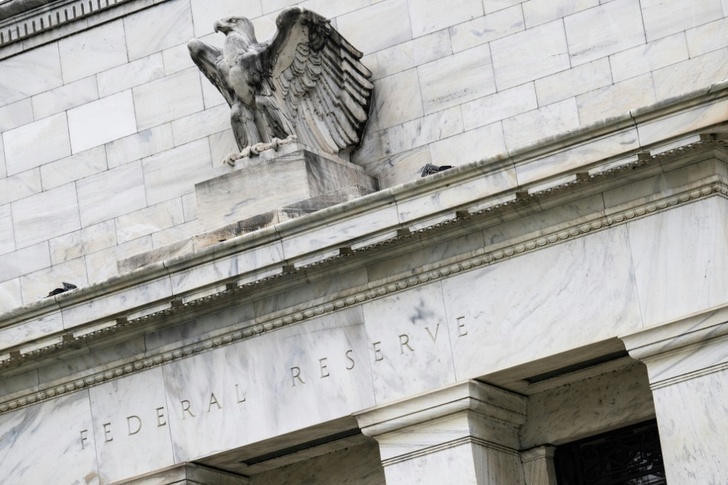Asian markets mostly rose Monday as investors took heart from signs of cooling US inflation, but Hong Kong and Shanghai fell as data showed China's economy was struggling with its Covid-19 restrictions.
The markets have been concerned that, after two consecutive Federal Reserve increases in borrowing costs of three-quarters of a percentage point, further hikes of a similar magnitude could choke off economic recovery.
Signs of improving inflation data last week have prompted debate on whether the Fed may pivot more quickly from its recent posture of moving aggressively to hike interest rates.
"We're definitely heading in a better direction," Kristina Hooper, Invesco chief global market strategist, told Bloomberg Television.
"It looks like we are passed peak for inflation. The problem is inflation is still very, very high."
Wall Street ended Friday on a positive note after consumer and producer price data indicated a meaningful cooling in inflation.
The optimistic mood carried over to Asia, with Tokyo climbing one percent as GDP data showed the Japanese economy recovering after the government lifted Covid-19 curbs on businesses.
Sydney rose 0.5 percent and Taipei was up 0.7 percent. Wellington, Manila and Kuala Lumpur also saw gains. Seoul and Mumbai were closed for holidays.
Among the few losers, Hong Kong and Shanghai fell as Chinese economic figures came in weaker than analysts' expectations.
China unexpectedly cut key interest rates as a raft of data released Monday indicated the world's second-largest economy was struggling with virus restrictions and a slumping property market.
The figures showed China's industrial production and retail sales growth for July came in lower than expected. Industrial production was up 3.8 percent year-on-year, but down from 3.9 percent in June and below Bloomberg economists' forecasts of a 4.3 percent increase.
"The risk of stagflation in the world economy is rising, and the foundation for domestic economic recovery is not yet solid," China's National Bureau of Statistics warned.
Beijing's rigid adherence to a zero-Covid strategy has held back economic recovery as snap lockdowns and long quarantines batter business activity and a recovery in consumption.
"July's economic data is very alarming," Raymond Yeung, Greater China economist at Australia & New Zealand Banking Group, told Bloomberg.
"The Covid-zero policy continues to hit the service sector and dampen household consumption."
Oil was lower in Asian trade, with WTI down one percent at $91.20 while Brent was off 0.9 percent at $97.25.
- Key figures at around 0315 GMT -
Tokyo - Nikkei 225: UP 1.0 percent at 28,830.90 (break)
Hong Kong - Hang Seng Index: DOWN 0.3 percent at 20,123.33
Shanghai - Composite: DOWN 0.1 percent at 3,273.16
Euro/dollar: DOWN at $1.0247 from $1.0261 Friday
Pound/dollar: DOWN at $1.2118 from $1.2135
Euro/pound: UP at 84.56 pence from 84.53 pence
Dollar/yen: DOWN at 133.32 from 133.50 yen
West Texas Intermediate: DOWN 1.0 percent at $91.20 per barrel
Brent North Sea crude: DOWN 0.9 percent at $97.25 per barrel
New York - Dow: UP 1.3 percent at 33,761.05 (close)
London - FTSE 100: UP 0.5 percent at 7,500.89 (close)
mtp/lb
© Agence France-Presse
Your content is great. However, if any of the content contained herein violates any rights of yours, including those of copyright, please contact us immediately by e-mail at media[@]kissrpr.com.
Source: Story.KISSPR.com

